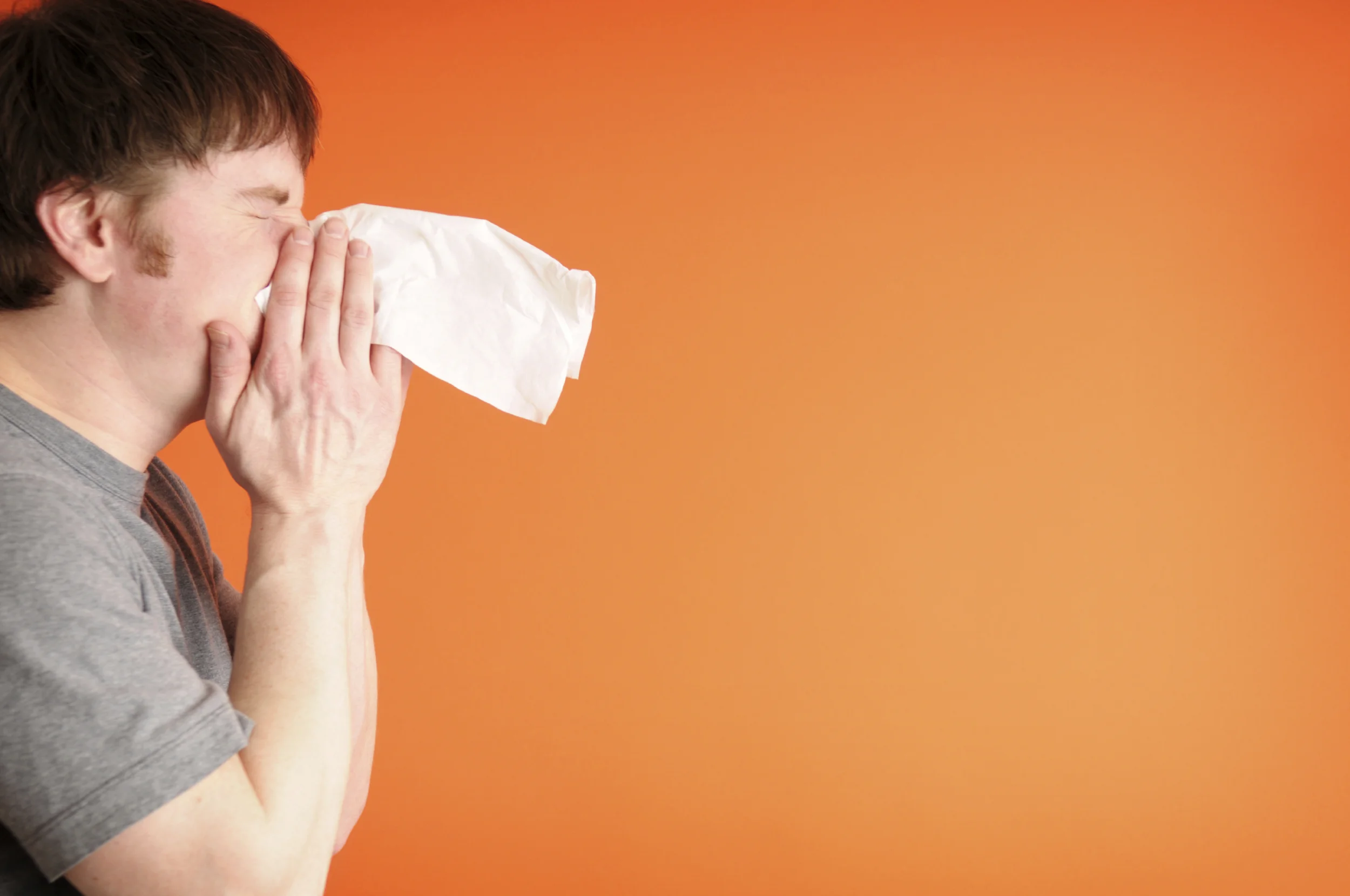Tips for staying healthy during cold and flu season
/A few weeks ago I spoke about the importance of influenza vaccinations, being that we are on the verge of flu season. Vaccinations are the best way to prevent infection with this virus.
As you may recall from seasons past, cold season tends to mimic the trends of flu season, with one exception: cold season often peaks around December or January rather than in February (as is the case with influenza). While colds typically have milder effects than the flu, unfortunately, it can be difficult to discern between a cold and a flu based on symptoms alone.
Chances are, you will contract one of these illnesses this season, and while you cannot avoid them entirely, there are plenty of preventative measures you can take to help decrease your risk or even the severity of illness.
Practice good hand hygiene. Be sure to wash your hands with soap and running water for at least 20 seconds (or the time it takes to hum “Happy Birthday” twice). An alcohol-based hand sanitizer that contains at least 60 percent alcohol can be utilized when soap and water are not available.
Cover your mouth and nose when you cough or sneeze – preferably, with a tissue. Then, promptly discard this tissue. If you do not have a tissue available, use your elbow or upper arm, not your hands. This can help prevent others around you from getting sick.
Stay home. If you are sick, the best way to reduce the spread of germs is to stay home from work, school or even errands. This will also allow your body the extra energy necessary to fight off any infection.
Refrain from touching your mouth, nose or eyes. It is widely believed that flu and cold viruses are spread when infected people cough, sneeze or even speak. It is also thought that touching contaminated surfaces, like keyboards, doorknobs and phones can help spread the germs. Try to frequently clean such objects.
Avoid contact with other sick people. For the same reason you don’t want to infect others when you are sick, try to avoid other sick people.
As far as natural remedies for cold and flu prevention go, they run the entire gamut from ineffective to effective. Americans spend billions of dollars every year on vitamins, minerals or other supplements even though there is little or no proof of their effectiveness. Here are some of the more commonly touted supplements and their studied effectiveness:
Ineffective
Vitamin D
No Consensus
Zinc
Echinacea
Vitamin C
Goldenseal
Elderberry
Ginseng
Effective
Saline nasal drops or sprays
Gargling with salt water
Mint
Umcka (perigonian serdoties)
If you are a healthy adult, your body can often fight off such infections without much assistance from medications or supplements. If, however, you develop a fever of greater than 100.4°F, have symptoms that last more than 10 days or are not relieved by over-the-counter (OTC) medications, you should visit your physician. Keep in mind that antibiotics are only effective for bacterial infections, not viruses, which are the most common cause of cold.

